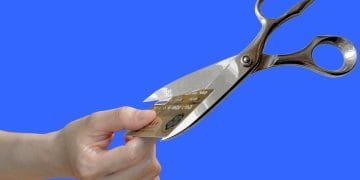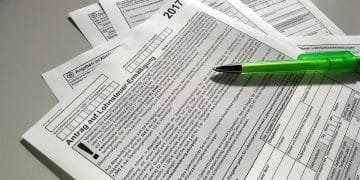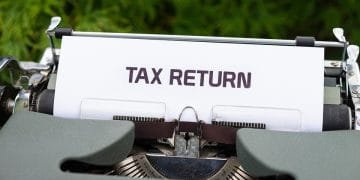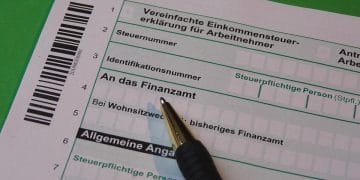[ad_1]
Mastering Your Money: Innovative Budgeting Techniques to Achieve Financial Freedom
Are you struggling with managing your finances and looking for innovative budgeting techniques to help you achieve financial freedom? Look no further! In this comprehensive guide, we will discuss the key strategies and tactics you can implement to take control of your money and pave the way to a secure financial future.
The Importance of Budgeting
Before we delve into the specific budgeting techniques, let’s first understand why budgeting is crucial for achieving financial freedom. A budget is essentially a roadmap that helps you track your income, expenses, and savings. It allows you to prioritize your spending, identify areas where you can cut back, and plan for future financial goals.
By creating and sticking to a budget, you can avoid overspending, build an emergency fund, pay off debts, and ultimately achieve financial stability. Without a budget, it’s easy to lose track of your finances and fall into the trap of living paycheck to paycheck.
The 50/30/20 Rule
One of the most popular budgeting techniques is the 50/30/20 rule. This rule suggests dividing your after-tax income into three categories:
- 50% for needs such as rent, groceries, utilities, and transportation
- 30% for wants like dining out, entertainment, and shopping
- 20% for savings and debt repayment
By following this rule, you can ensure that you are allocating your income in a balanced way that covers your essentials, allows for some enjoyment, and prioritizes saving for the future.
Zero-Based Budgeting
Another innovative budgeting technique is zero-based budgeting. With this approach, every dollar of your income is assigned a specific purpose, whether it’s for expenses, savings, or investments. The goal is to give every dollar a job and ensure that you are budgeting down to zero.
This method can help you avoid unnecessary spending and make intentional choices about where your money goes. By giving every dollar a purpose, you can maximize your savings and reach your financial goals more effectively.
Automated Budgeting Tools
In the digital age, there are numerous automated budgeting tools available to help streamline the budgeting process. These tools can track your spending, set savings goals, and provide real-time insights into your financial habits.
Popular budgeting apps like Mint, YNAB (You Need a Budget), and Personal Capital can sync with your bank accounts, categorize your expenses, and generate reports to help you make informed financial decisions. By leveraging these tools, you can simplify the budgeting process and stay on top of your finances with ease.
Emergency Fund Planning
Building an emergency fund is a critical component of financial freedom. An emergency fund acts as a safety net in case of unexpected expenses, such as medical bills, car repairs, or job loss. Without an emergency fund, you may find yourself relying on credit cards or loans to cover unforeseen costs.
Financial experts recommend saving at least three to six months’ worth of living expenses in an emergency fund. By setting aside a portion of your income each month, you can gradually build up your emergency fund and protect yourself from financial emergencies.
Debt Repayment Strategies
Debt can be a major obstacle to achieving financial freedom. If you’re carrying high-interest debt, such as credit card balances or student loans, it’s essential to develop a repayment plan to eliminate your debt burden. One popular strategy is the debt snowball method, where you pay off your debts from smallest to largest, gaining momentum as you clear each balance.
Another approach is the debt avalanche method, which prioritizes paying off debts with the highest interest rates first. By focusing on high-interest debt, you can save money on interest payments and accelerate your journey to debt-free living.
Investing for the Future
Once you have established a solid budget, built an emergency fund, and paid off high-interest debt, it’s time to focus on investing for the future. Investing allows you to grow your wealth over time and build a nest egg for retirement or other financial goals.
There are various investment options to consider, such as stocks, bonds, mutual funds, real estate, and retirement accounts like 401(k)s and IRAs. It’s essential to consult with a financial advisor to develop an investment strategy that aligns with your risk tolerance, time horizon, and financial goals.
Conclusion
Mastering your money and achieving financial freedom is within reach with the right budgeting techniques and strategies. By creating a budget, sticking to a plan, building an emergency fund, paying off debt, and investing for the future, you can take control of your finances and secure a bright financial future.
Implementing innovative budgeting techniques like the 50/30/20 rule, zero-based budgeting, automated budgeting tools, emergency fund planning, debt repayment strategies, and investing for the future can help you unlock the key to financial freedom.
Remember, it’s never too late to start managing your money wisely and working towards your financial goals. By taking proactive steps today, you can pave the way to a more secure and prosperous tomorrow.
[ad_2]























































